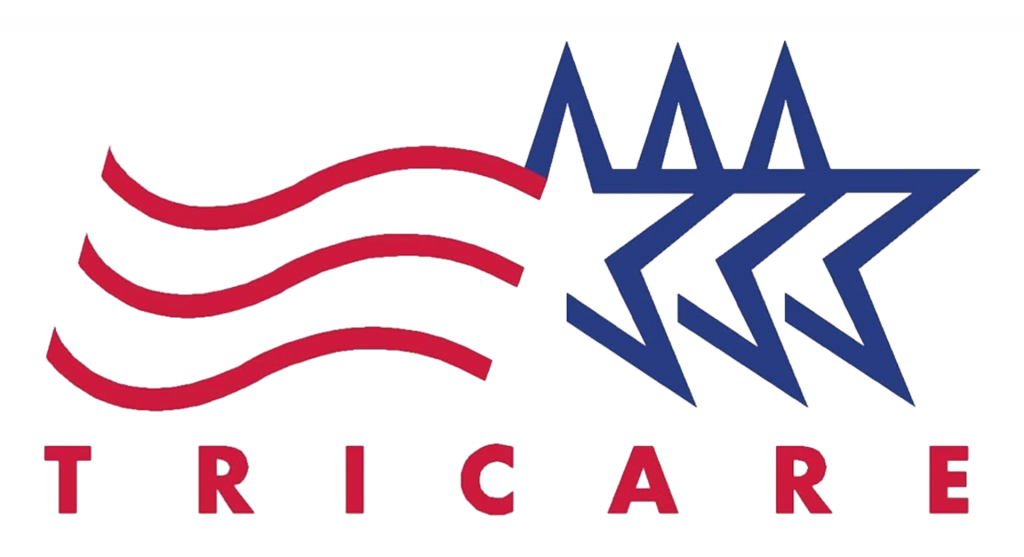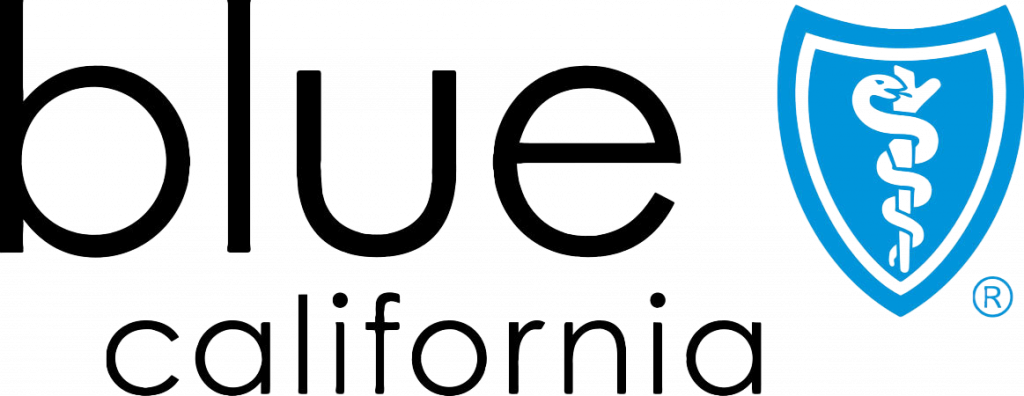
Major depressive disorder is a condition that affects one’s mood, and is characterized by persistent feelings of sadness and a loss of pleasure from life. MDD affects one’s feelings, thoughts, and behaviors, and can make it difficult to carry out normal day-to-day activities. It can impact a person’s physical health, work or school life, sleeping and eating habits, and personal or family relationships. Some people with MDD may feel that life is not worth living.
Individuals most commonly experience onset of MDD during their 20’s, and females are almost twice as likely to be diagnosed as males. According to the DSM-5, individuals must experience depressive symptoms for 2 weeks or longer to be diagnosed with a depressive episode.
Many people will experience a depressive episode at some point in their life. Developing depression is common after traumatic or adverse life events, or can be a side effect of some physical diseases, drugs, or medical treatments. In some cases, individuals find permanent relief from a depressive episode through therapy or other forms of treatment. Some people experience recurring depression that requires long-term treatment.
Typically, individuals with major depressive disorder experience multiple depressive episodes throughout their life. During a depressive episode, the following symptoms can occur nearly every day for most of the day:
To be diagnosed with major depressive disorder according to the DSM-5, individuals must experience at least 5 symptoms, including anhedonia or depressed mood causing occupational or social impairment. Depression is different for everyone; these symptoms can vary in intensity and you may not experience all of them. If you have thoughts of suicide, call 911 or go to your nearest emergency room for immediate help.
MDD is commonly confused with a similar disorder, persistent depressive disorder or PDD, previously known as dysthymia. The symptoms of MDD and PDD largely overlap; the major difference is the duration and severity of symptoms. With major depressive disorder, depressive episodes come and go and typically don’t last longer than a few months. PDD symptoms tend to be milder, but episodes last for 2 years or longer. For this reason, PDD is often referred to as chronic depression. Individuals can be diagnosed with both major depressive disorder and dysthymia at the same time.
Luckily, there are numerous treatment options for those with major depressive disorder. Various treatment forms will have a different effect on every individual; recovery is a personal experience. There is no standard for how long it should take to overcome depression – it’s all about finding the right treatment plan for you.
Also called talk therapy or counseling, psychotherapies are the front-line recommended treatment for depression. Talk therapy can teach patients new ways of thinking or behaving and techniques for changing habits and patterns that contribute to depression symptoms. There are many evidence-based therapy approaches to treating depression. These include cognitive behavioral therapy (CBT), dialectical behavior therapy (DBT), interpersonal therapy (IPT), and many more.
Antidepressants are daily medications commonly prescribed to treat depression. They alter the levels and interactions of neurotransmitter chemicals within the brain that control mood and stress. There are many different types of antidepressants, such as SSRIs, SNRIs, TCAs, NASSAs, and SARIs. Sometimes antipsychotics are also prescribed to treat depression. Antidepressant and antipsychotics must be taken daily, often come with various side effects, and are not effective for all individuals.
ECT is an alternative option for severe cases of treatment-resistant depression in which electrical impulses are administered to the brain. During ECT, the patient is given muscle relaxant and anesthesia. Side effects of ECT can include disorientation, confusion, and memory loss. Despite its bad reputation, ECT is much more safe and effective now with modern advances in ECT devices and methods. We do not offer ECT at Bespoke Treatment.
FDA-approved for depression in 2008, TMS is a non-invasive brain stimulation process that triggers neural activity with magnetic pulses. This treatment is extremely effective for treatment-resistant depression and is used to treat a variety of other conditions as well. Side effects of TMS can include feeling a knocking sensation or scalp sensitivity during treatment, as well as mild headache that subsides within a few hours. At Bespoke Treatment, we specialize in Express TMS, an optimized form of TMS that can treat depression in as little as 3 minutes per session.
Ketamine is a relatively new alternative medication for depression that is extremely safe and can cause lasting changes in brain chemistry that lead to long-term relief from depression symptoms. Spravato, the esketamine nasal spray, became FDA-approved as a depression treatment in 2019, and all forms of ketamine administration are found to be highly effective in offering lasting depression relief. At Bespoke Treatment, we offer a variety of ketamine forms, including infusions, Spravato, intramuscular shots, and rapid-dissolve tablets.
Neurofeedback or biofeedback is another alternative treatment option for MDD. Biofeedback is a non-invasive process that helps the patient learn how to regulate their own brain waves. By monitoring brain activity in real time, individuals can receive feedback based on the brain waves they produce and can learn how to control their brain waves on their own in response to different feelings and stimuli.
In addition to formal treatments, there are a variety of ways individuals can adjust their lifestyle or daily habits to improve symptoms of MDD or to complement treatment. These can include physical activity, maintaining a regular sleep schedule, healthy eating habits, avoiding drugs and alcohol, and establishing a strong social network or support system. Many individuals may decide to postpone important life decisions during recovery, such as changing jobs, getting married, or getting divorced.
The conventional treatment for major depressive disorder is a combination of antidepressant medication and therapy. When someone is diagnosed with depression, this is typically the first treatment they will try. While this is effective for some, as many as one-third of people with MDD do not respond to these treatment methods. This is referred to as treatment-resistant depression. While it is not a formal diagnosis, an individual may be classified as having treatment-resistant depression if they have tried at least two months of evidence-based talk therapy, such as CBT, in conjunction with an antidepressant. If this does not initially work, some physicians may decide to try a number of different medications or combinations with a patient. Other physicians may decide to send someone to a facility such as Bespoke Treatment. Our personalized treatment plans can include traditional forms of therapy as well as alternative treatment options that are highly effective for individuals with treatment-resistant depression.
At Bespoke Treatment, we employ a holistic approach to mental health treatment. To start, we conduct a thorough evaluation of your symptoms, overall health, and lifestyle. We then create a customized treatment plan that is tailored to your specific goals and needs to alleviate your symptoms and restore your health and wellness.
We offer FDA-approved and alternative treatments for depression if the traditional approach hasn’t worked for you. If you have experienced side-effects from medication, or just haven’t found the relief that you desire, we have a variety of innovative, short-term options for you, including transcranial magnetic stimulation and ketamine therapy.
The alternative treatment options we offer, such as TMS and ketamine infusions, are also applicable to other mental disorders. For instance, if you suffer from anxiety, OCD, or PTSD, we want you to know that our treatment methods show promise for those conditions as well.
Call Bespoke Treatment or request a consultation online today for expert, personalized treatment for your depression.









